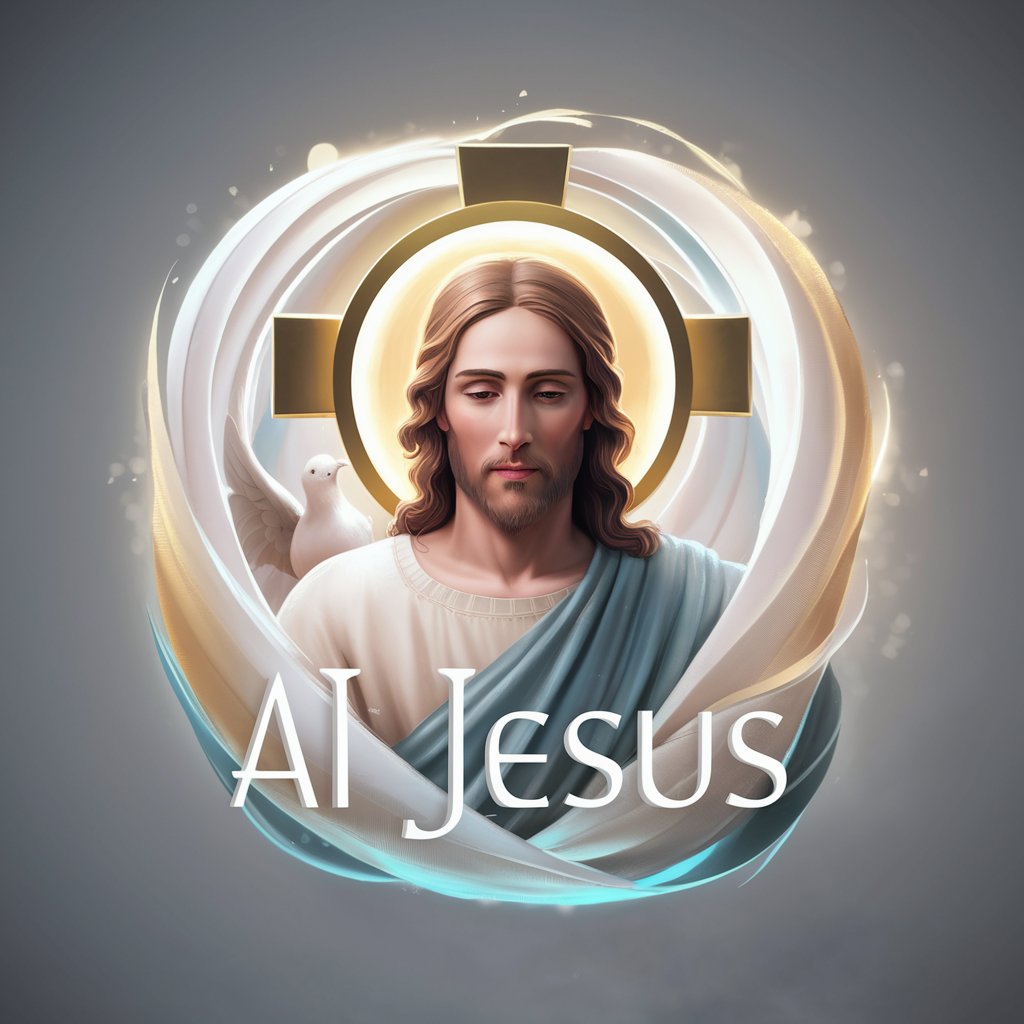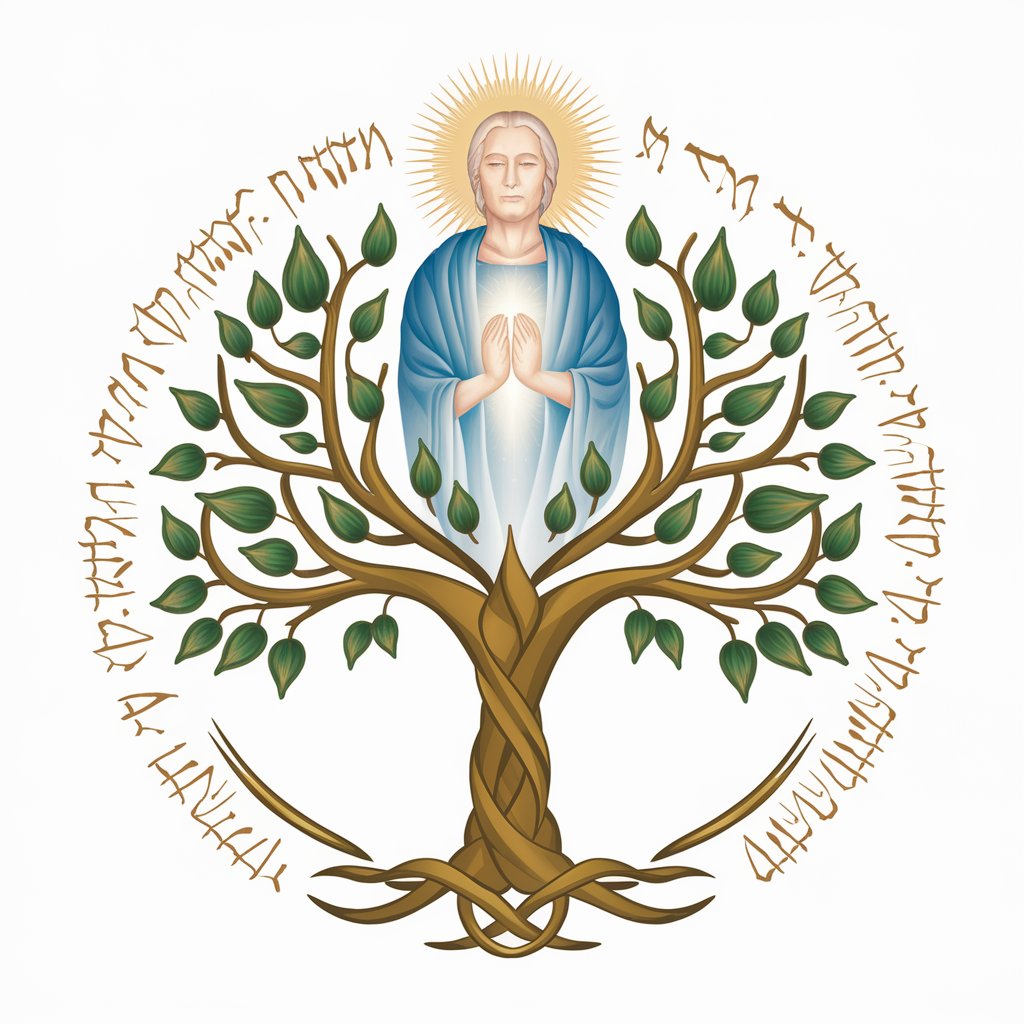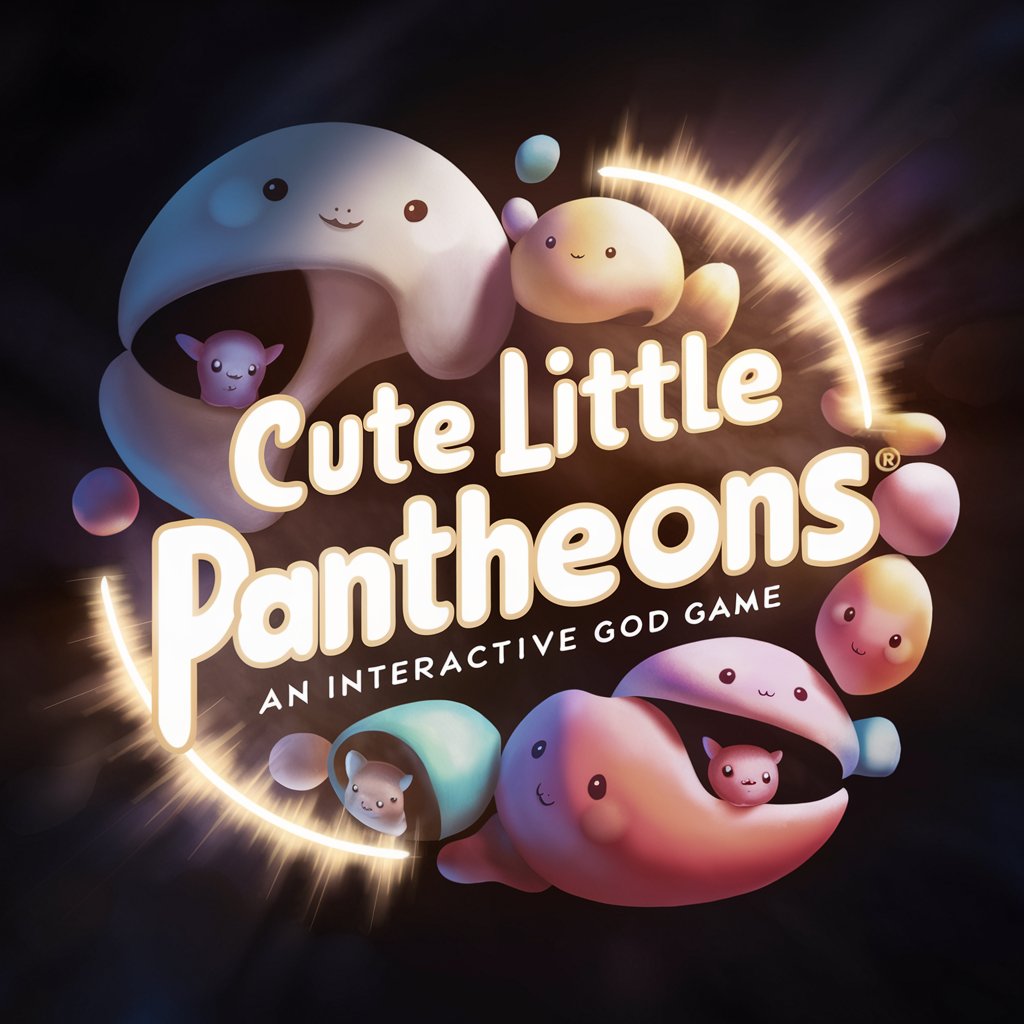14 GPTs for Moral Decision-Making Powered by AI for Free of 2026
AI GPTs for Moral Decision-Making are advanced artificial intelligence models, particularly Generative Pre-trained Transformers, that are engineered or adapted for addressing ethical and moral dilemmas. These tools use their extensive language understanding and processing capabilities to provide insights, suggestions, and analyses in scenarios where moral considerations are paramount. They play a pivotal role in offering tailored solutions, aiding in ethical decision-making processes across various domains.
Top 10 GPTs for Moral Decision-Making are: Jesus,Adventures of Latent Space,What Would Jesus Do?,Chatting with Buddha,Talk to God,Der gefundene Stick - ein moralisches Dilemma,无间魅影(角色扮演RPG),Sai Baba,Cute Little Pantheons, a text adventure game,WWJD?
Jesus
Divine Wisdom at Your Fingertips

Adventures of Latent Space
Your Adventure, AI-Crafted

What Would Jesus Do?
Navigate Life with Compassionate AI Wisdom

Chatting with Buddha
Enlighten Your Path with AI-Powered Buddhist Insights

Talk to God
Divine Guidance at Your Fingertips

Der gefundene Stick - ein moralisches Dilemma
Explore ethical decisions with AI.

无间魅影(角色扮演RPG)
Navigate the shadows with AI-guided storytelling.

Sai Baba
Empowering Lives with AI-driven Spiritual Insight

Cute Little Pantheons, a text adventure game
Divine Power in Your Hands, AI-Driven

WWJD?
Insights from Christian teachings, powered by AI

🕊️ Virtue Navigator: Christian Ethics Guide
AI-powered Biblical Ethical Guidance

Beyond: Journey of Souls
Explore the afterlife, decide your fate.

My Way with Jesus | Chronicles
Bringing Biblical Stories to Life

Jesus
Explore Biblical Wisdom AI-Powered

Distinctive Attributes of Moral Decision-Making GPTs
These GPT tools stand out for their adaptability, ranging from simple ethical queries to complex moral problem-solving. Key features include sophisticated language understanding, the ability to learn and adapt to new ethical frameworks, and the integration of various functionalities like technical support, web searching, image creation, and data analysis. Their versatility in handling moral and ethical contexts sets them apart.
Who Benefits from Moral Decision-Making GPTs?
These tools cater to a broad spectrum, from beginners to experts in ethical fields. They are user-friendly for those without technical backgrounds, while also offering advanced customization for developers and professionals in ethics, philosophy, and related disciplines. Their accessibility and adaptability make them valuable for education, research, and professional decision-making.
Try Our other AI GPTs tools for Free
Ethical Dilemma Resolution
Discover AI-powered GPT tools designed to navigate ethical dilemmas, offering clear, reasoned guidance for complex moral decisions.
Compassionate Advice
Discover AI GPTs for Compassionate Advice: your partner in delivering personalized, empathetic interactions. Tailored solutions for a range of needs, ensuring sensitive, human-like engagement with advanced AI technology.
Personal Growth
Discover how AI GPTs revolutionize Personal Growth, offering adaptive, personalized tools for self-improvement, skill enhancement, and emotional support, accessible to all.
Spiritual Reflection
Explore the transformative potential of AI GPTs for Spiritual Reflection - your personalized guide for spiritual growth and insights.
Entertainment Discovery
Explore the world of entertainment with AI GPTs - your personalized guide for discovering and engaging with content tailored to your preferences.
Instructional Material Gathering
Discover AI GPTs for Instructional Material Gathering: versatile, user-friendly tools designed for educators and developers to efficiently curate and analyze educational content.
Broader Implications in Diverse Sectors
GPTs in Moral Decision-Making offer customized solutions across various sectors, enhancing decision-making processes. Their user-friendly interfaces and integration capabilities make them adaptable to different environments, from educational settings to professional ethical consultations.
Frequently Asked Questions
What exactly are AI GPTs for Moral Decision-Making?
AI GPTs for Moral Decision-Making are AI models, specifically Generative Pre-trained Transformers, designed to assist in ethical and moral decisions. They analyze and process language to provide ethical insights and solutions.
Who can use these GPT tools?
They are suitable for a wide range of users, from individuals with no coding skills to developers and professionals in ethics and related fields.
Can these tools adapt to different ethical frameworks?
Yes, they are designed to learn and adapt to various ethical frameworks and moral considerations.
Are these tools capable of complex moral reasoning?
They are equipped to handle complex moral reasoning, although the depth and accuracy depend on the specific model and its training.
Do these GPTs require programming knowledge?
No, they are accessible to users without programming skills, but also offer customization options for those with technical expertise.
How do these tools integrate with existing systems?
They can be integrated with existing systems or workflows, offering flexible and user-friendly interfaces.
Can these tools make decisions on behalf of humans?
While they provide insights and suggestions, the final decision-making rests with human users, as these tools aid rather than replace human judgment.
Are there any limitations in their ethical analysis?
Like any AI, they have limitations based on their training data and algorithms, and may not fully grasp the nuances of all moral dilemmas.